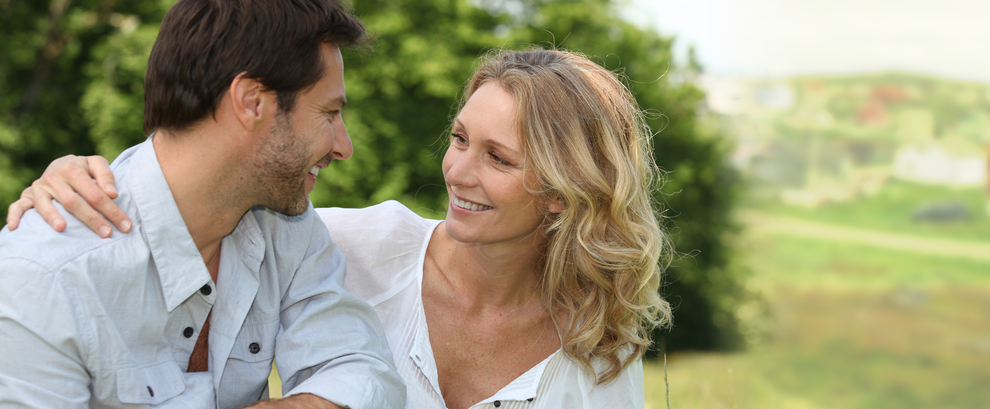 It might seem that each of our stories is similar to those of others, but the one thing makes each of our stories unique is our personality and how we interpret what we experience. In order to put the pieces of the puzzle which is our relationship with our partner, we need something more than just filling in the text in our favourite magazine quiz or having a trusted conversation with a friend. We need an objective assessment of how we are, where and how we were brought up, and of the imprint our family has left on our own soul.
It might seem that each of our stories is similar to those of others, but the one thing makes each of our stories unique is our personality and how we interpret what we experience. In order to put the pieces of the puzzle which is our relationship with our partner, we need something more than just filling in the text in our favourite magazine quiz or having a trusted conversation with a friend. We need an objective assessment of how we are, where and how we were brought up, and of the imprint our family has left on our own soul.
Let me go a little bit deeper into that: your script for life, which influences your values, beliefs, and attitudes (and consequently, what you think, feel, say, and do), also contains rules, or guidelines, about being a couple in a relationship. Because your script (and therefore your rules for being a couple) was first given to you by your family, you will most likely grow up and live out their relationship rules accordingly. The relationship rules in your script tell you how to communicate with your partner, how to express love to each other, and how to interact with each other sexually.
So, your observation of the way your parents expressed their love to each other (or not) will also influence how you express and receive love from your partner. The way you express love will, in turn, affect how you interact sexually as well.
From my years of experience in working with couples, I have discovered that, generally at least, we learn about male and female roles from the parent of our own sex, while we learn about being in relationship from our parent of the opposite sex. To define that a little more clearly: we learn about our sexuality, being male or female, from our parent of the same sex, and we learn about being sexual from our parent of the opposite sex.
So for me, watching my mum interact with my dad gave me the first lessons in how to be a woman/mum. My mum was a very competent, self-reliant woman and I know I share those qualities. My dad was more “touchy feely” who liked to be physically close to the women in his life and I share some of those qualities as well in my connection with others in my life.
Your personality will impact on how you actually turn out, but as a general rule, if you are a female you are more than likely to take on your mother’s way of being female (and if a male, your father’s way of being male).
When working with couples, I often ask them about how their parents were in their relationship and how they addressed each other. I also ask which of their parents they see themselves as most like, if at all, and especially in relationship with others. Generally, the response is that they see both of their parents in themselves, sometimes in exactly the same way, though sometimes quite differently.
It’s not so much a conclusion, but a logical final and I would like to focus on the key phrase in this article, namely – striking a balance. When I take a close look at myself in relationship, I see both of my parents in me. I have some of my mother’s conservatism, as well as my father’s outgoing, adventurous spirit.
Please respond and tell me your thoughts of your parents’ image inside of your head. Which one is the more dominant one, how do you see the significance of that and how do you interact with this image, and what have you learnt from it.
To the wonder of you,











Leave a reply